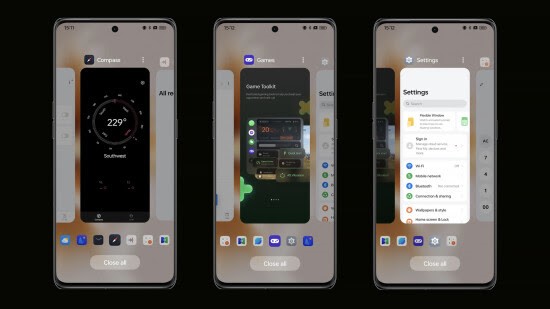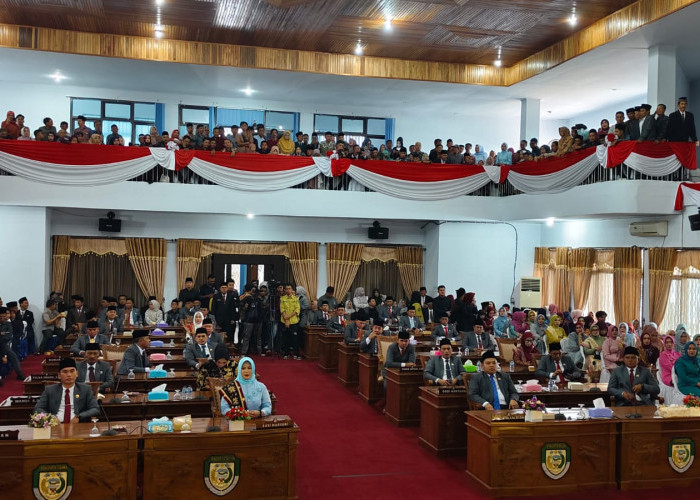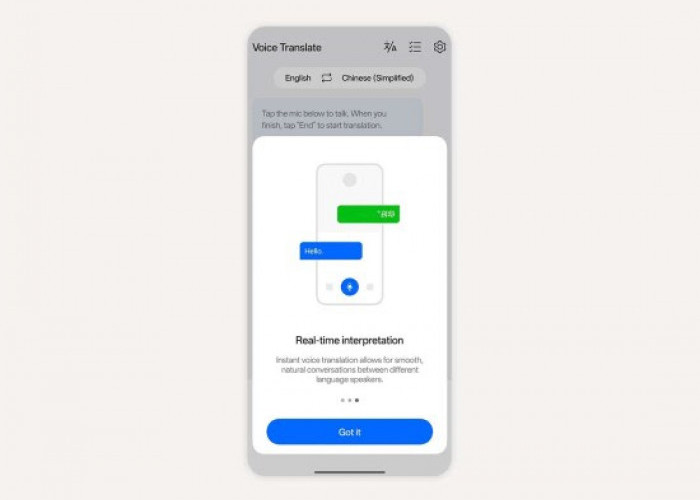OPPO's Journey to Ultimate Smoothness: The Tech Powering ColorOS 14's Trinity Engine, Smart Features, and the

One of OPPO's first breakthroughs in delivering the ultimate smooth--
Embracing the possibilities of AI-generated content
Looking towards the future of smartphone and operating system experiences, the ColorOS team is mindful that the integration of AIGC (AI-generated content) is likely to place a high demand on mobile system resources, covering everything from memory and processing capabilities to battery life. Right now, OPPO is exploring and experimenting in related capabilities, for instance, on how to optimize memory use and power management techniques to cope with such high demands.
ColorOS 14's Trinity Engine exemplifies this forward-thinking approach with its advanced solutions for optimizing system smoothness and stability through fine-tuned management and scheduling of computing resources, memory, and storage at the microarchitecture instruction level.
BACA JUGA:Kembali ke Playstore Higgs Domino Island Juga Akan Kembalikan Tombol Kirim
The upgraded Trinity Engine contains three core technologies: ROM Vitalization, RAM Vitalization, and CPU Vitalization. ROM Vitalization frees up more memory space by compressing app data and merging duplicated files to address performance degradation issues caused by memory filling up over the long term. RAM Vitalization works by reconstructing Android's underlying RAM mechanism and employing specialized techniques to accelerate app launch speeds and improve the level of fluidity when switching between apps. Finally, CPU Vitalization uses a sophisticated computing power model that can precisely schedule power resources while determining the best balance between performance and power consumption.
In addition to the Trinity Engine, OPPO's Instantaneous Bandwidth Technology set to be included in the forthcoming ColorOS 14 update is another example of how the memory management system has been rewritten to improve operating smoothness. OPPO developed the technology more than 18 months ahead of the release of the Google Linux open-source design by modifying more than 50 thousand lines of code in the original kernel. With Instantaneous Bandwidth Technology, memory access performance is dynamically adjusted according to smartphone usage, enabling up to 16-times faster speeds (i.e. from 4K to 64K during the transfer process from DDRAM to CPU). As the data transfer bandwidth increases, the loss of read data falls significantly, which in turn helps to improve memory utilization and reduce latency while using the phone.
Sumber:













